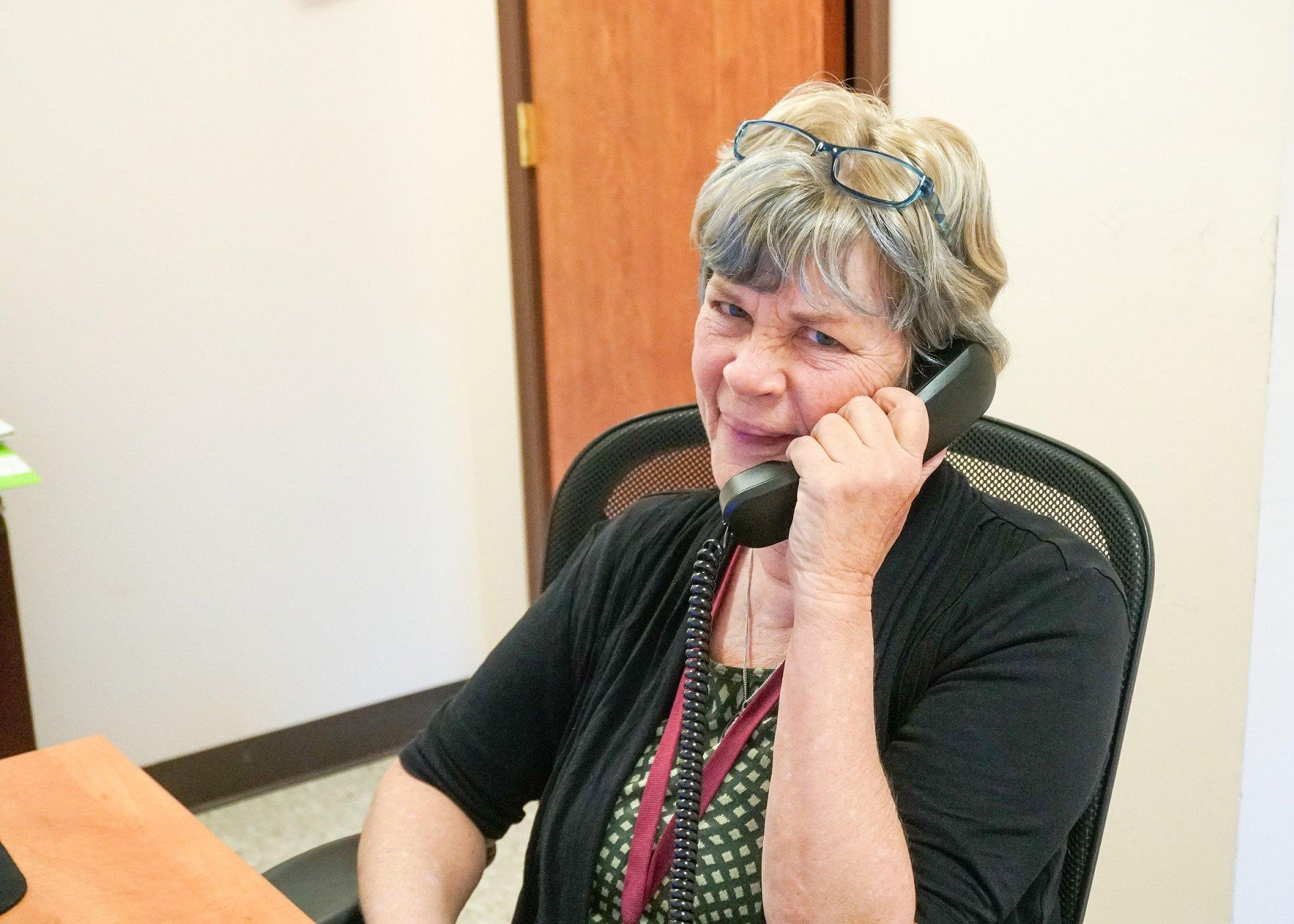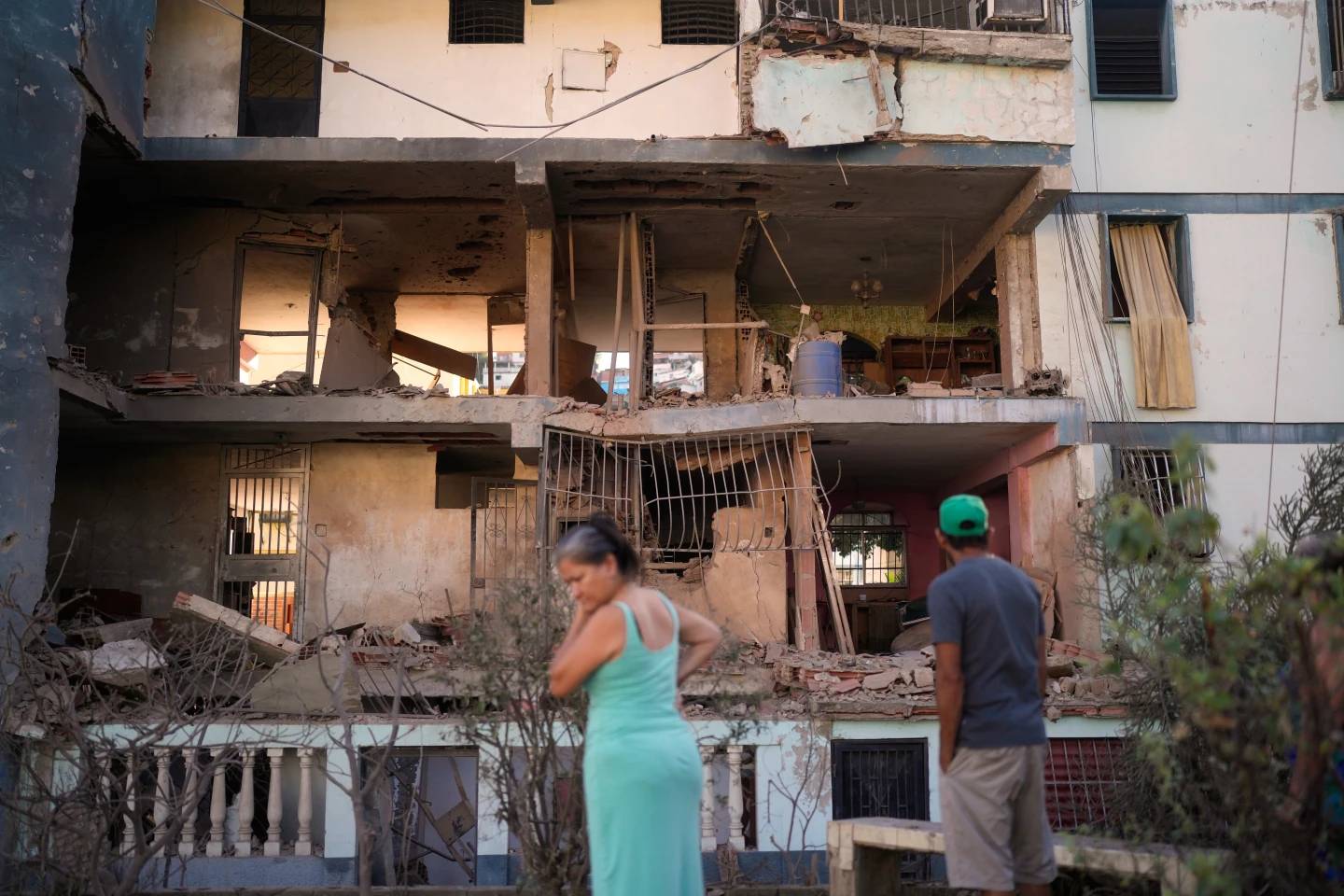EMMITSBURG, Maryland — When the world shut down last year because of the pandemic, the National Shrine of St. Elizabeth Ann Seton decided it was time to reach outward.
The question was how — when, for a time, people couldn’t even visit the shrine in Emmitsburg? The answer was simple, profound and one that Mother Seton, America’s first native-born saint, would have appreciated: Pray.
So, buoyed by dedicated staff members and seminarians from nearby Mount St. Mary’s Seminary, the shrine in the Baltimore Archdiocese created a prayer hotline last April that has proven so successful, it plans to continue well after COVID-19 has receded.
To date, over 2,000 calls have been logged, and many of them have turned into relationships that have changed the lives of people on both ends of the line.
The hotline — (866) 202-4934 — is available between 10 a.m. and 5 p.m. (EDT). The shrine also has a prayer request page on its website, https://setonshrine.org/prayer-requests-2.
“We are sometimes the only ones they talk to; the only ones who say their name,” said Rebecca Corbell, evangelization programs manager at the shrine. “Having that connection; having a person who knows your name builds a relationship that is so powerful.”
And this effort isn’t limited to just calls. One of the staff members on this project writes to 12 death-row inmates a week. The hotline team also proactively calls people in the shrine’s vast database to see if they need prayers.
“It’s a way to do pastoral work and to be with people amid the pandemic,” said Christopher Feist, a seminarian from Leonardtown, Maryland.
The prayer hotline is part of the extensive evangelization efforts of the shrine, as it marks the 200th anniversary of the death of Mother Seton. In January, the shrine released “Seeker to Saint,” a film on her life. Other short films on various aspects of her life and spirituality will be released later this year.
The shrine also instituted virtual tours of its historical buildings, attracting thousands of people and groups from as far away as Alaska. They are so popular that the shrine plans to continue them into the future.
In addition, the shrine plans an exhibit in July of artifacts from Mother Seton’s life that were recently donated by the Sisters of Charity of New York, one of the orders that traces its lineage back to Mother Seton.
There also are also plans to expand the shrine’s Seeds of Hope retreat program for underserved populations later this year.
“The shrine is a basilica, a museum and the real home of a saint, and we have a mission as a place of prayer and pilgrimage to draw people closer to our Lord,” said Rob Judge, executive director of the shine.
“Through programs like the prayer hotline, we connect people to Mother Seton and a life and legacy that is relatable and inspiring,” he said. “She is a true saint for our times, and we increasingly find that her message resonates with people today.”
Mother Seton valued friendship as evidenced by her voluminous correspondents with friends over her lifetime, Judge said.
“The prayer line is enabling her shrine to form friendships with people who need God’s healing love and to know that in Mother Seton, they have a friend in heaven,” he said.
The seminarians, who are from the Archdiocese of Washington, said they jumped at the chance to participate in the program. “We wanted the experience of being with people and to bring their concerns to God and to show we care and to bring God’s love to them,” Feist said.
The idea of cold-calling people — not to sell them anything but to offer to pray with them — can be intimidating, they say. But in the end, “you’re going to connect with people who Jesus wants you to and nobody else,” said Benedict Radich, from Rockville, Maryland.
Sometimes the reaction is “are you sure you’re not asking me for money?” said Caleb Gaeng, who is from Bowie, Maryland. “But it’s beautiful to be with someone who God has put me with; someone who needs prayers at just that moment.”
Prayer requests deal with everything from loneliness and illnesses to issues with jobs, families and addiction, said Karen McGrath of Taneytown, Maryland, and the first person hired on the prayer team.
“People need to tell their stories,” she said. “Part of this is just standing with them before God, asking for the things they need.”
She recalls how one man called in January and was distraught. She tried to express how he needed to see how God is with us and in each other.
Recently, he called back to say that her advice helped and “that he was able to look at Jesus and say, ‘Thank you.'”
A prayer ministry comes easy to her, she said. She’s the mother of five sons and a daughter — “so I pray a lot.”
As for the future, the shrine now sees the hotline — borne in the depths of the pandemic — as an essential part of its mission, Corbell said.
“These are our people,” she said. “We need to be doing this.”
















